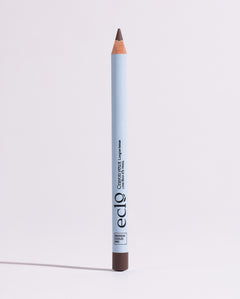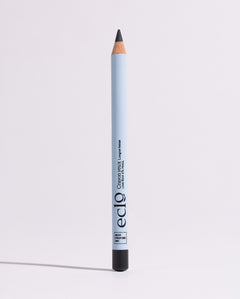Balancing natural resource regeneration and the beauty industry is no easy task. While these two terms have long been seen as opposites, some companies in the sector have taken on the challenge of making them complementary.
Affiliation with environmental NGOs, sustainable subsidiaries, philanthropic marketing... in recent years, cosmetics brands have become more involved in environmental causes. On one hand, companies are required to rethink their offerings in the face of the growing demand for eco-friendly products. On the other hand, environmental activist associations are seeking private funding. The goal is to create a virtuous system where everyone finds their interests, both financial and ethical. Thus, a genuine commitment is made on short and long term actions to be implemented: ocean cleanup, reforestation, transition of agricultural methods towards reasoned and responsible agriculture, etc.Major players in the cosmetics industry have already begun to take steps to sustain natural resources such as L'Occitane, Caudalie, Clarins, Guerlain, Léa Nature... To promote this movement, some companies like Yves Rocher have adopted the legal status of a "mission-driven company". Its specificity: the addition of a social or environmental purpose in addition to the profit motive.
However, some difficulties still hinder the development of regenerative beauty brands. Indeed, the "greenwashing" actions of some companies make it difficult to identify brands truly committed to a regeneration business. Claims such as "eco-responsible" should be taken with a grain of salt... To what extent are they truly involved in ecology?
What we can be sure of is that the cosmetics and perfumery industry is a major consumer of natural raw materials. As its market continues to grow, it becomes essential to ensure greater transparency and maximize the positive impact that brands have on the environment.
A future between cosmetics and regeneration is emerging, and its necessity is growing.
There is still much to be done, but regenerative cosmetics are increasingly resonating in a society where consumers are becoming more informed and aware that nature must reclaim its rightful place.



